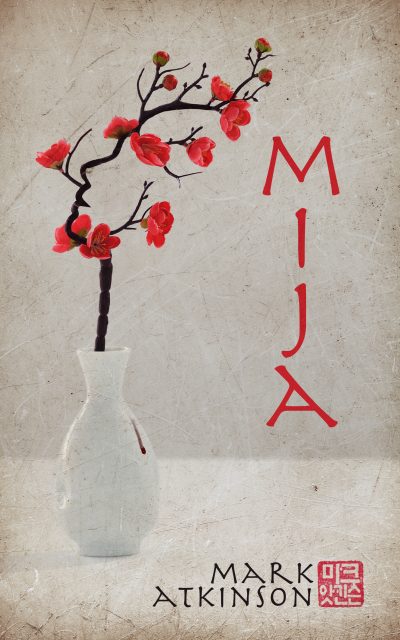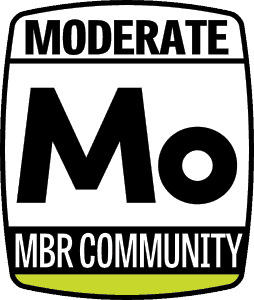Description
Mun-gyeong, 1935. Choi MiJa is getting ready for her first day at the Elementary Good Citizen School in Japanese Occupied Korea. The Choi family are wealth landowners and have been for nineteen generations, but all that is about to change. Their privileged lifestyle will soon disappear forever, and burgeoning love is put on hold as the family have to endure the hardship and loss of the Japanese Occupation, the Second World War, and the Korean War.
When peace finally arrives, there is great hope for the future and Korea has a chance to build a fair and just society. Will it succeed?
MiJa is a timeless story that sweeps the reader from the gated town of Mun-gyeong, a mountain pass so high that even the birds cannot fly through it, to the besieged war-torn city of Pusan where they have to live in the shantytown of Ami Dong built from reused gravestones.
Eventually MiJa find herself in the remote fishing port of Mukho on the border with North Korea where she joins the Hae-nyeo: a group of matriarchal fisherwomen.





Comments